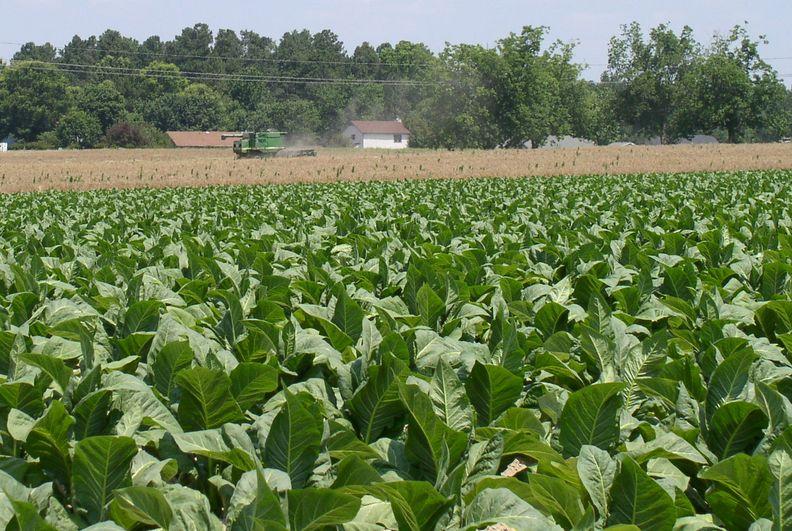
The Wake Soil and Water Conservation District (SWCD) is here to assist landowners and land users in managing soil, water, plants and wildlife effectively. In addition to dedicated technical assistance, financial assistance is also provided through state and federal cost share programs to support the implementation of best management practices (BMPs) to protect the land of Wake County and all that it supports.
How much agricultural land is there in Wake County?
You may be surprised at the amount of agricultural land that still exists in Wake County. The Soil and Water Conservation Department works tirelessly in the interests of 691 farms and over 77,000 acres of farmland in Wake County.
Who are we and what do we do?
Our Mission
To protect the natural resources of Wake County through voluntary technical, educational and funding assistance to citizens, businesses, communities, municipalities and partners.
What is a District?
Under NC General Statute 139, soil and water conservation districts are organized as governmental subdivisions of the state, as well as independent political units. Districts work closely with county, state and federal governments and both public and private organizations in a non-regulatory capacity to carry out a comprehensive conservation program that protects and improves the county's natural resources while assisting private landowners in using conservation practices. This partnership has been the backbone of highly successful efforts over the past 75 years to address serious problems across the state including soil erosion, flood damage and water quality problems.
Historical Perspective
Soil and water conservation districts and their governing boards of supervisors were formed nationwide based on enabling legislation passed by Congress that grew out of the devastating Dust Bowl and other critical conservation problems of the 1930s. This federal legislation encouraged states to pass legislation for the establishment of local soil and water conservation districts. Dr. Hugh Hammond Bennett, a NC native from Anson County, was instrumental in raising awareness about soil erosion and can be credited for soil and water conservation programs around the nation today. When NC passed the Soil and Water Conservation Districts Law, the citizens of Anson County organized the Brown Creek Soil and Water Conservation District, the first district in the United States.
District Governance
A district is governed by a five-member board of supervisors. Three supervisors are elected on the general ballot as non-partisan candidates during the regular election of county officers, and two are appointed by the NC Soil and Water Conservation Commission upon recommendation of the local district board of supervisors.


